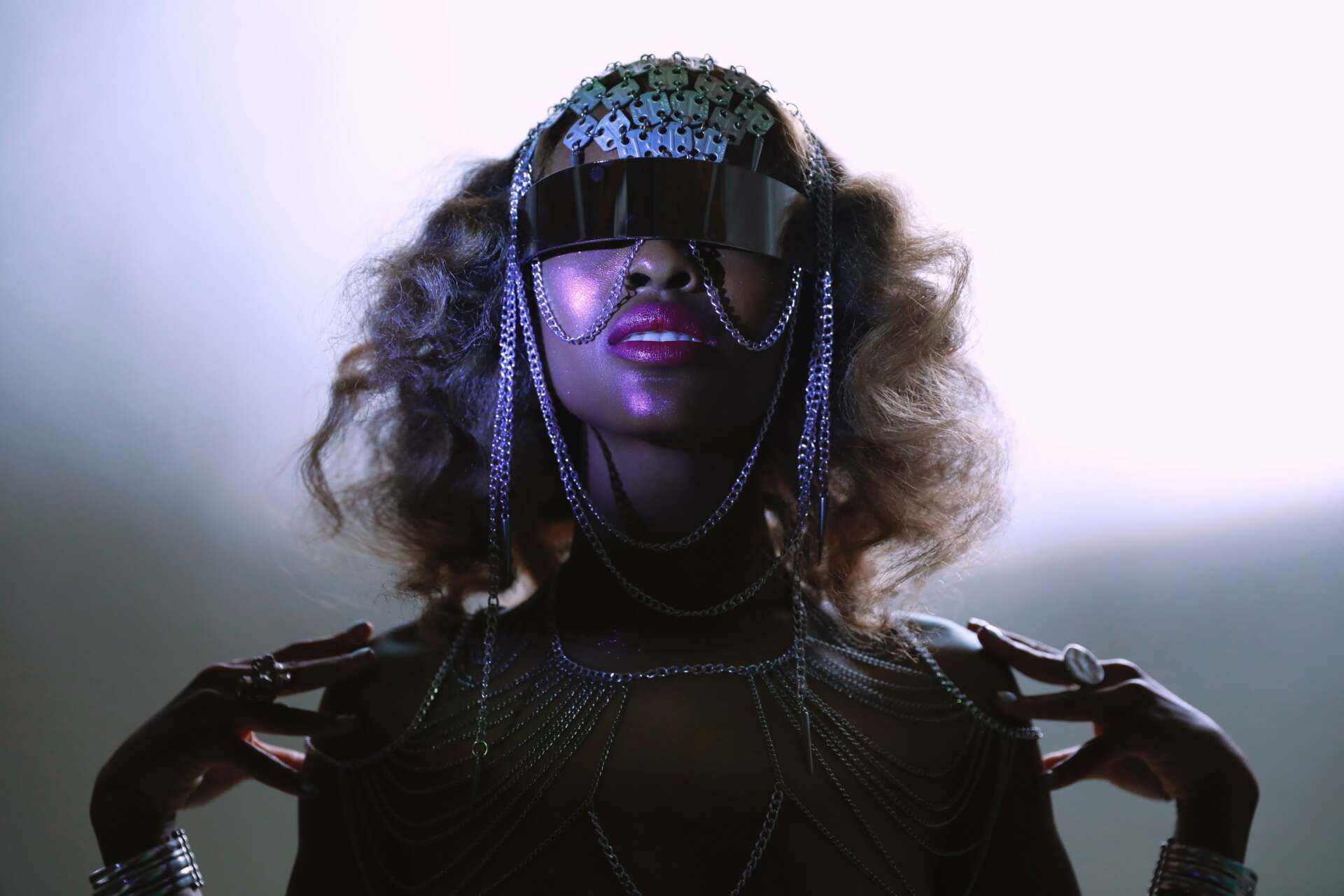Alright – so today we’ve got the honor of introducing you to Anatola Araba. We think you’ll enjoy our conversation, we’ve shared it below.
Alright, Anatola thanks for taking the time to share your stories and insights with us today. Do you think your parents have had a meaningful impact on you and your journey?
My mom has always told me that from the youngest age, I was psychic. For my first few years of life, my mom was a single mother teaching African-American literature at Harvard University. However, she ultimately walked away from academia to follow her calling of helping people using psychic phenomena, metaphysics, and transformational teaching.
This bold example of following your dreams despite what the world says gave me permission to do the same. I got to live in my truth as an artist and a storyteller. And while I never became a professional psychic like my mom, I did combine my intuition with my intellect, curiosity, and creativity. I grew up to be a multidisciplinary artist specializing in what I call “reimagining the future.” And I do it not with a crystal ball, but instead through innovative forms of storytelling.
I was also very impacted by where I grew up: Lower Manhattan. Growing up with New York City as my playground certainly gave my imagination room to grow. The city gave me a fierce independence and nourished my creative nature with all sorts of opportunities for young people.
Being raised in a multicultural family also had a strong impact on me, giving me a complex outlook on race, identity, and belonging. I am of West African, Swedish-American, and African-American ancestry with cultural influences from Canada, Germany, India, Ghana, England, Ireland, Spain, and more.
Most of all, my parents strongly encouraged me to see the world, follow my own north star, and trust in my unique path–no matter how challenging it may be.
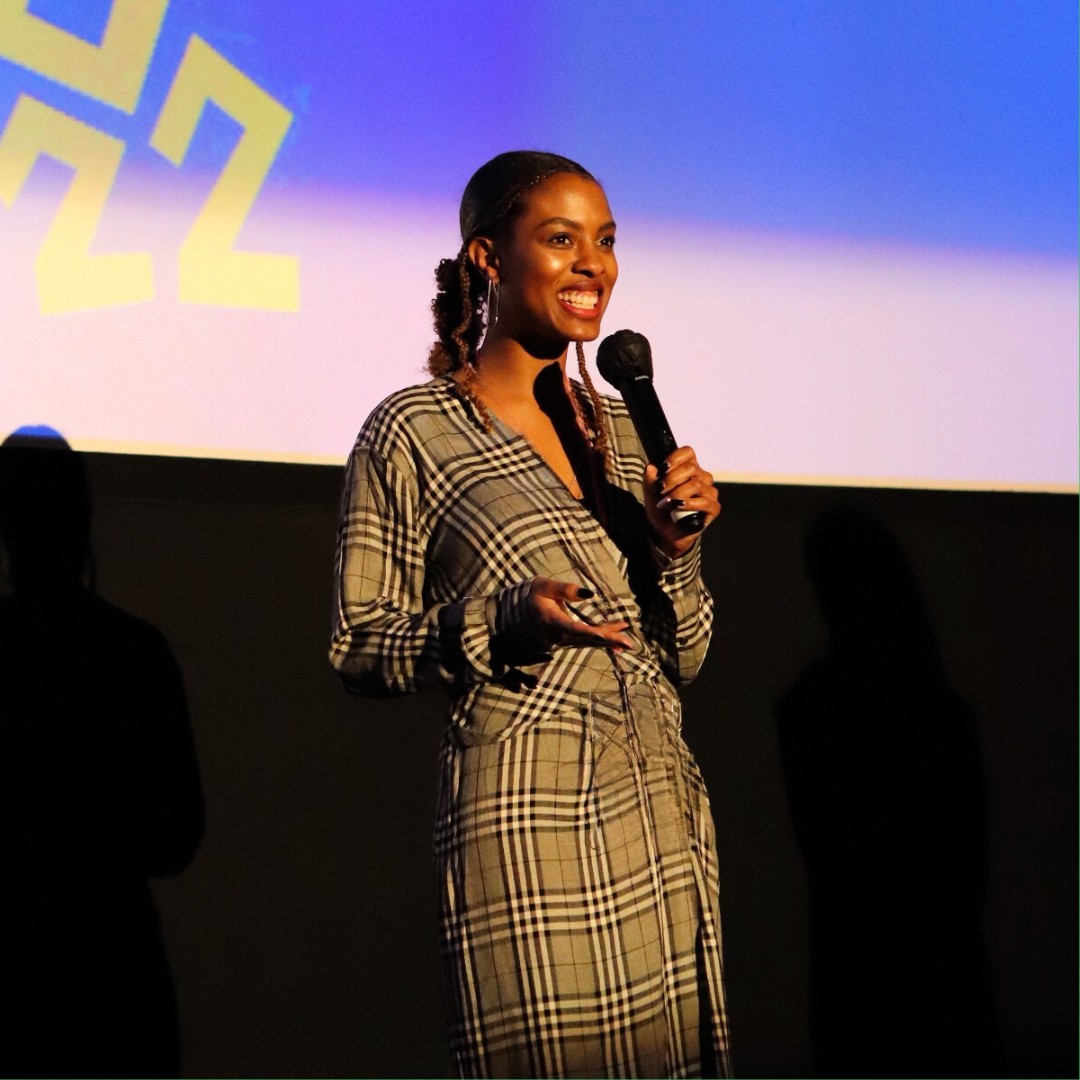
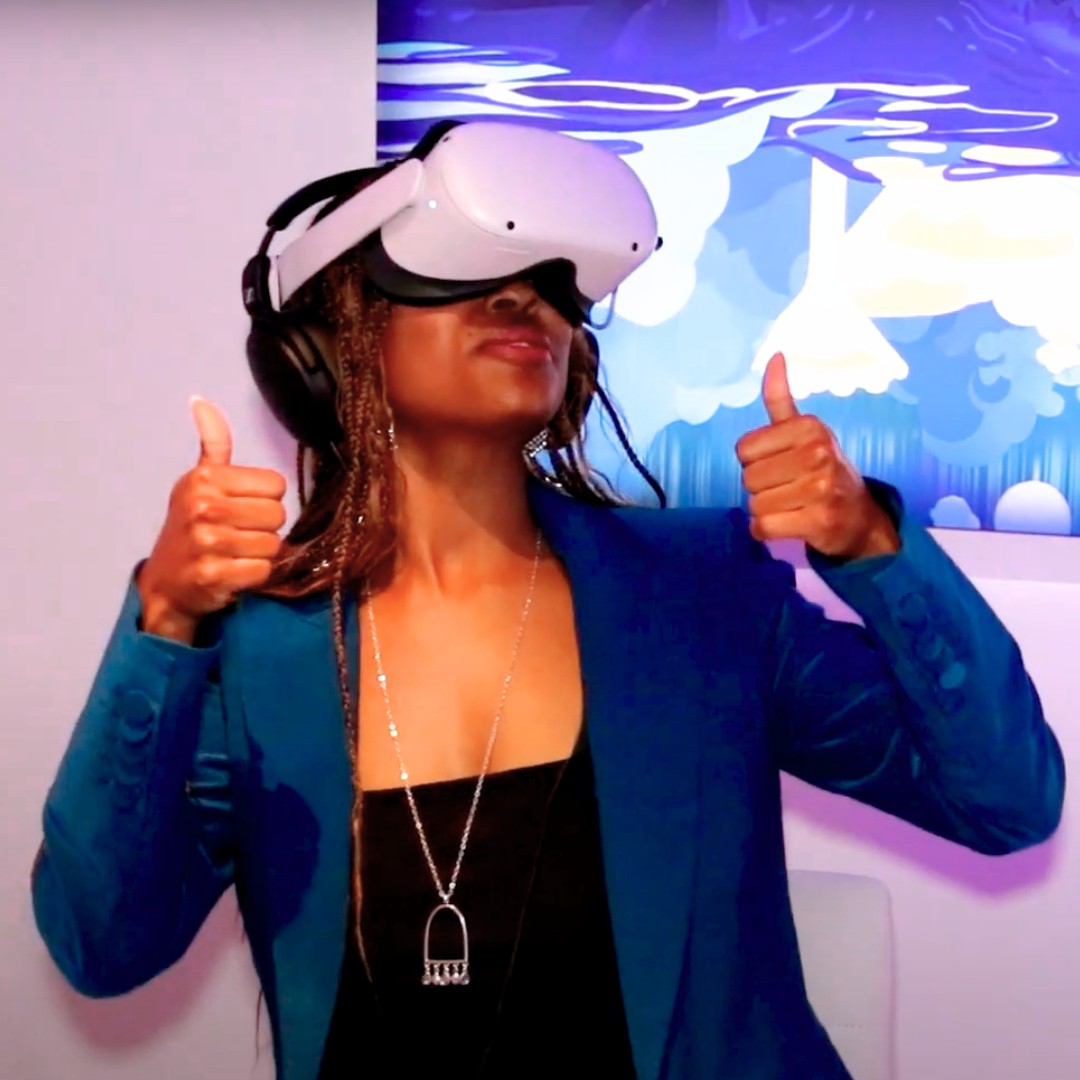
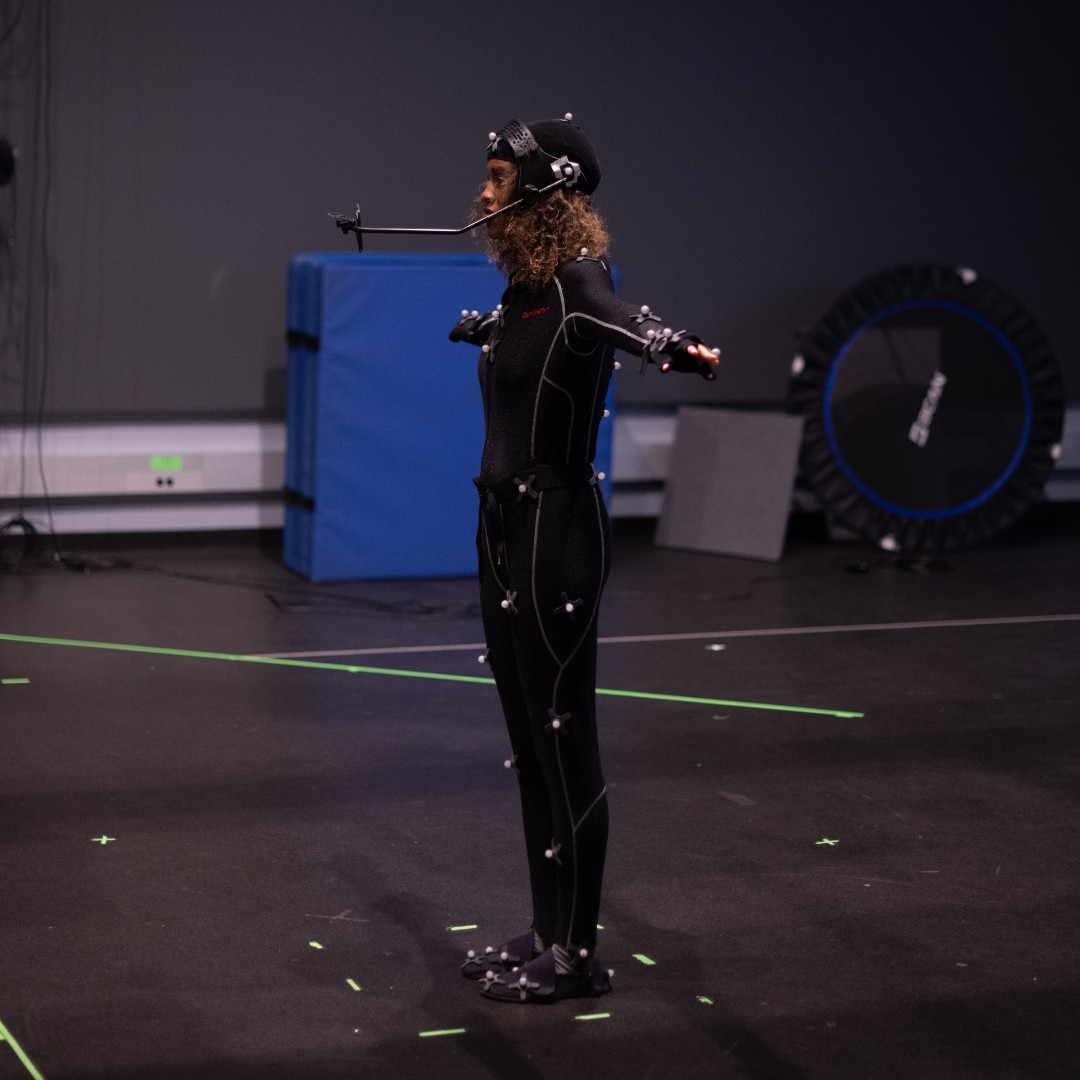
Anatola, before we move on to more of these sorts of questions, can you take some time to bring our readers up to speed on you and what you do?
My name, Anatola, means “from the east.” It also comes from the Greek word for “sunrise.” This suits me well, as I love merging Eastern and Western philosophies, while shining a light on technological, social, and eco-innovations through storytelling.
For as long as I can remember, I’ve been an artist. Even as a child, rather than filling my free time with legos and television, I loved arts and crafts, building things out of cardboard, and painting anything I could get my hands on.
I found comfort in the creative process. Making visual art allowed me to express myself without having to say too much. After all, I was pretty shy as a child.
Luckily for me, this shyness got pried out of me when I studied drama at Laguardia High School of the Arts in Manhattan. Rigorous acting training taught me a lot–including how to come out of my shell. And it also taught me that I would rather be the person creating the story than the person performing in it.
I made my first short film at the age of 13. I was drawn to film because of its power to showcase new perspectives and build worlds entirely of your own making. In High School, I got a scholarship to a filmmaking intensive for historically marginalized filmmakers at NYU Tisch where I got to make a series of short films. In that program, I fell in love with the process of bringing an idea to life on screen.
I went on to study Film and Television Production at NYU. I also double minored in Social Entrepreneurship and Interactive Media Arts. In my freshman year, I remember walking into an art exhibit where I saw a depiction of a Black female artificial intelligence (AI) robot for the first time. Little did I know, the image would stick with me and inform some of my most important future creations.
Providing a wider array of representation for Black and brown people in the stories we tell was a major motivation that drew me to filmmaking. So discovering that seemingly advanced technologies like AI were perpetuating long-standing biases against historically marginalized communities just didn’t sit right with me. I wanted to shine a light on this issue and I chose to do what I do best: tell a story.
Back in 2020, I was wondering: what if we found ourselves with an AI president one day? I ran with this contemplation and took it all the way, writing, directing, and producing my 3D animated short film in the Afrofuturist genre, “Afro Algorithms”, which went on to win several awards. The film explores the issues of AI and bias by telling the story of Aero, the world’s first AI leader.
At the time, this seemed like very a far-off scenario. However, as generative AI started to rise years later, it became closer and closer to reality each day. Maybe my mom was right and I do have psychic abilities, after all.
While the film screened across the globe, I’ve been fixated on a key question the project asks: How do we imagine a sustainable and equitable future? How can we reimagine the world as it could be?
To help address this question, I created the company R3imagine Story Lab, where I’ve partnered with the likes of Snapchat and Google Pixel to create groundbreaking content around innovation, give talks, and design immersive experiences.
R3imagine also grants me the opportunity to speak at leading universities across the country. I offer keynotes, workshops, and consultations to students, educators, creators, and more. I help people understand how to harness new innovations like AI to do good for people and for the planet.
As my name suggests, I aim to create works that feel like a sunrise of hope–especially in our increasingly pessimistic world. Together I wish for us all to imagine the world we want to live in. In doing so, we can impact and shape the future.

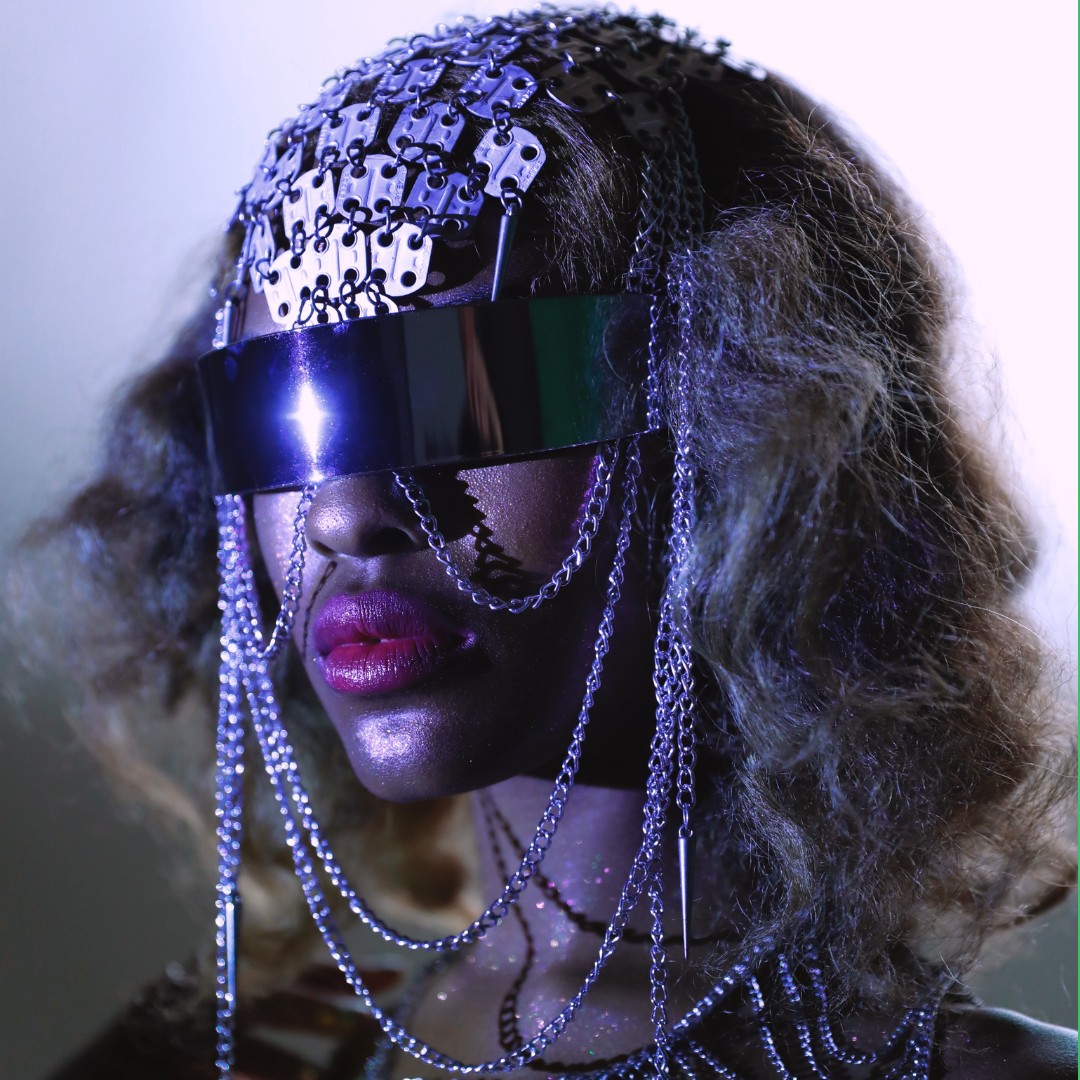
What do you think is the goal or mission that drives your creative journey?
I live by the mantra “Imagination is the greatest tool of humanity.” If we humans create from what we can imagine, then why don’t we do a better job of creating a world we can be proud of?
To me, imagination is so much more than child’s play. My deep dive into the science of imagination reveals it’s at once the fuel behind creativity, knowledge, and innovation. Even author Yuval Noah Harari argues that humanity stands as such a special species in the animal kingdom precisely because of our ability to imagine.
And then there’s the big issues we’re facing as a society. Changing climates, technological disruption, growing economic divides. But I see these not just as problems but also opportunities – opportunities to innovate and reinvent –to reimagine – the way we do things.
That’s why imagination is needed now more than ever. Especially the ones of Black, indigenous, and people of color as historically marginalized communities have found themselves living in a Western imaginary for so long.
All this to say, I’m super passionate about creating a world that is centered around the visions we need most right now. A tapestry diverse of cultural insights that can guide us toward a new north star.
That’s why I actually got started on one of my biggest life goals –– creating a visionary immersive art museum. We started by building our own space in a 3D virtual world. It is set in the clouds inside a series of glistening geodesic domes.
Our goal with our virtual museum is to educate and inspire, engaging audiences in a dialogue of innovation, sustainability, and the arts. In doing so, we’re cultivating a community of visionaries relentlessly shaping the future we wish to see.
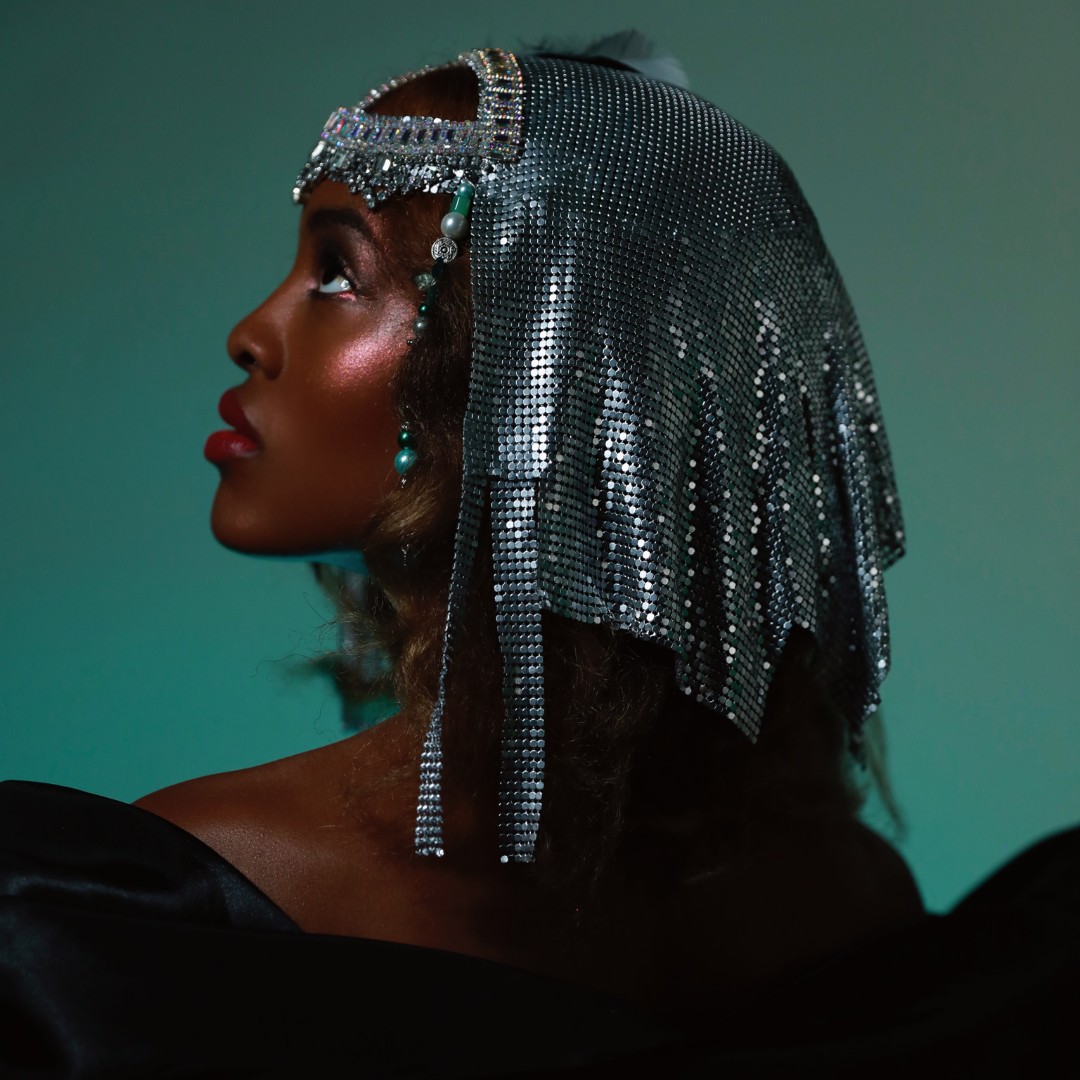
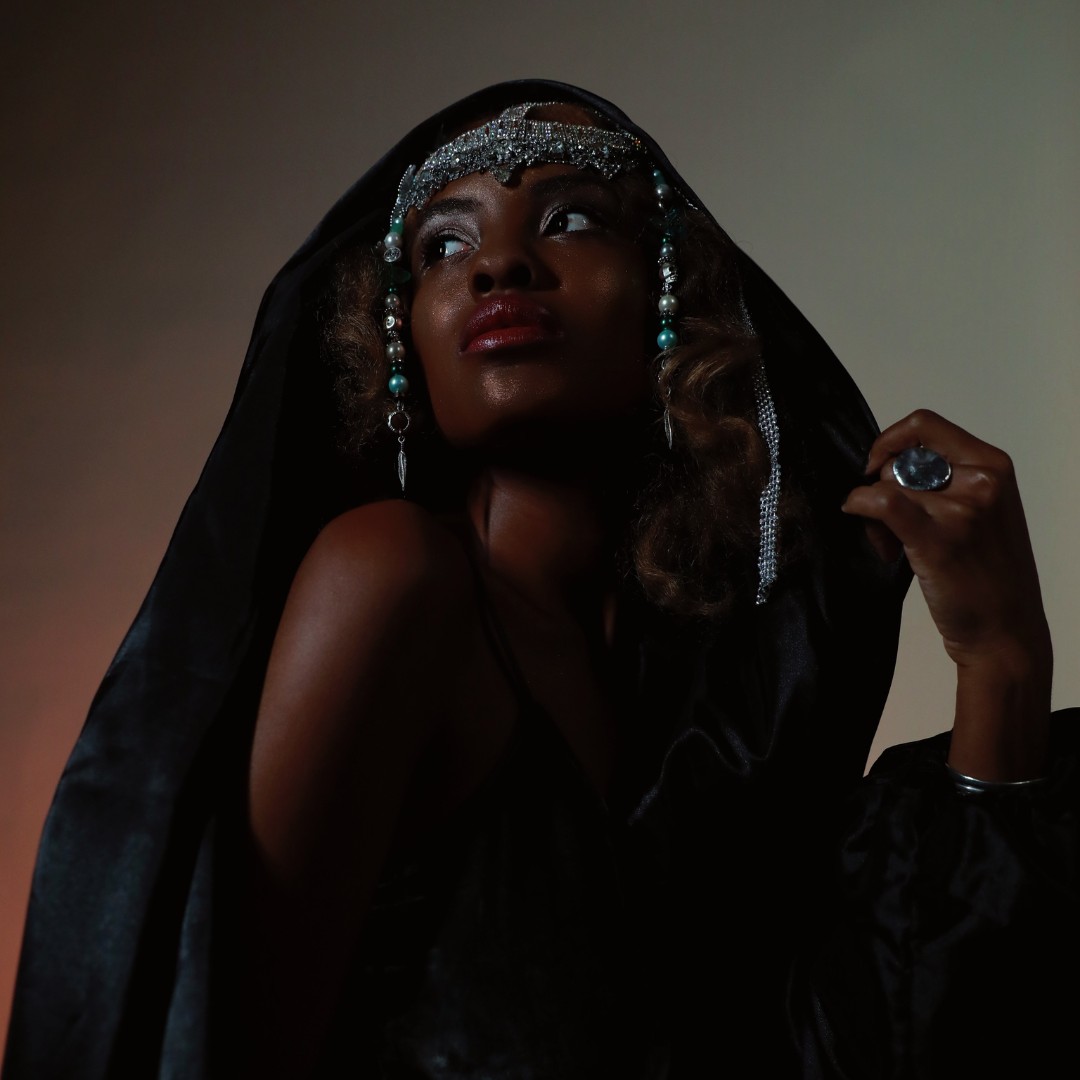
Are there any books, videos, essays or other resources that have significantly impacted your management and entrepreneurial thinking and philosophy?
I’m perpetually a student of life, always absorbing new knowledge. Whether reading a new book or listening to each episode in a podcast. While I love deep-diving into futuristic concepts, I also deeply value timeless gems on personal development, mindset, and life itself. Here are some resources that come to mind. They’ve all been really impactful in shaping my approach to leadership and creativity.
The War of Art by Steven Pressfield | Book
Steven Pressfield’s ‘The War of Art’ is more than a book – it’s a lifeline for creatives fighting against internal resistance. It resonated deeply with me, offering a mantra I now use before every creative session: ‘Dear muse, please give this project the power to sustain itself and live a life of its own.’ This simple yet powerful phrase, introduced by Pressfield, has been crucial in keeping my creative spirit alive through the toughest times.
Future of Storytelling Podcast with Charles Melcher | Podcast
One of my highlights of this past year was being a member of the Future of Storytelling (FoST) Explorers Club. Here, I gained valuable insights into the world’s best immersive and interactive experiences. This podcast is hosted by FoST founder, Charles Melcher, is an invaluable resource for anyone curious about how storytelling is evolving in the digital age. It’s a must-listen for those looking to understand and explore the cutting-edge of storytelling.
Octavia’s Brood by Adrienne Maree Brown and Wilidah Imarisha | Book
This collection of science fiction stories rooted in social justice movements is a vivid exploration of how we can imagine and strive for a better world. Each story in this anthology challenges the status quo and paints a picture of what true social transformation could look like. For anyone interested in the intersection of storytelling, social justice, and speculative fiction, ‘Octavia’s Brood’ beautifully demonstrates the power of fiction to inspire change and envision new realities.”
Coded Bias by Shalini Kantayya | Movie
This documentary offers an in-depth exploration of biases in technology and highlights the urgent need for discussions and solutions in this space. Seeing this film early in my research journey validated my belief that there was both a need and a space for the story that eventually became ‘Afro Algorithms’. ‘Coded Bias’ is a great resource for anyone interested in understanding the profound impact of technology on society and the importance of creating tech that is equitable and just.
Unapologetically Ambitious by Shellye Archameau | Book
For anyone – especially women of color – with dreams so big they are scary, this book is for you. It is a testament to all that is possible when you shoot for the stars if you have a strategic plan behind it. The book gives you permission to dare to pursue your blue sky goals, all the while equipping you with tools to actually help make those dreams realities. It’s an empowering guide for anything ready to carve their own path and achieve their highest aspirations.
The Four Agreements by don Miguel Ruiz | Book
When this book was recommended to me by an old mentor of mine, it had a profound impact on me. The book provides an essential guide to personal freedom. I revisit its teachings time and time again. They enable me to stay level-headed during chaotic times, and to remove my ego from certain situations to see them clearly. The book is a profound mindfulness tool and companion on the road to self-awareness.
As someone who’s always absorbing new ideas from books, podcasts, movies, and more, I believe it’s just as important to pass these insights on through my own work.
Right now, I’m in the weeds of creating my own book project that explores the power of imagination in shaping the future. So, be sure to subscribe to my newsletter, ‘R3imagine with Anatola’ for updates on all of these projects and more!
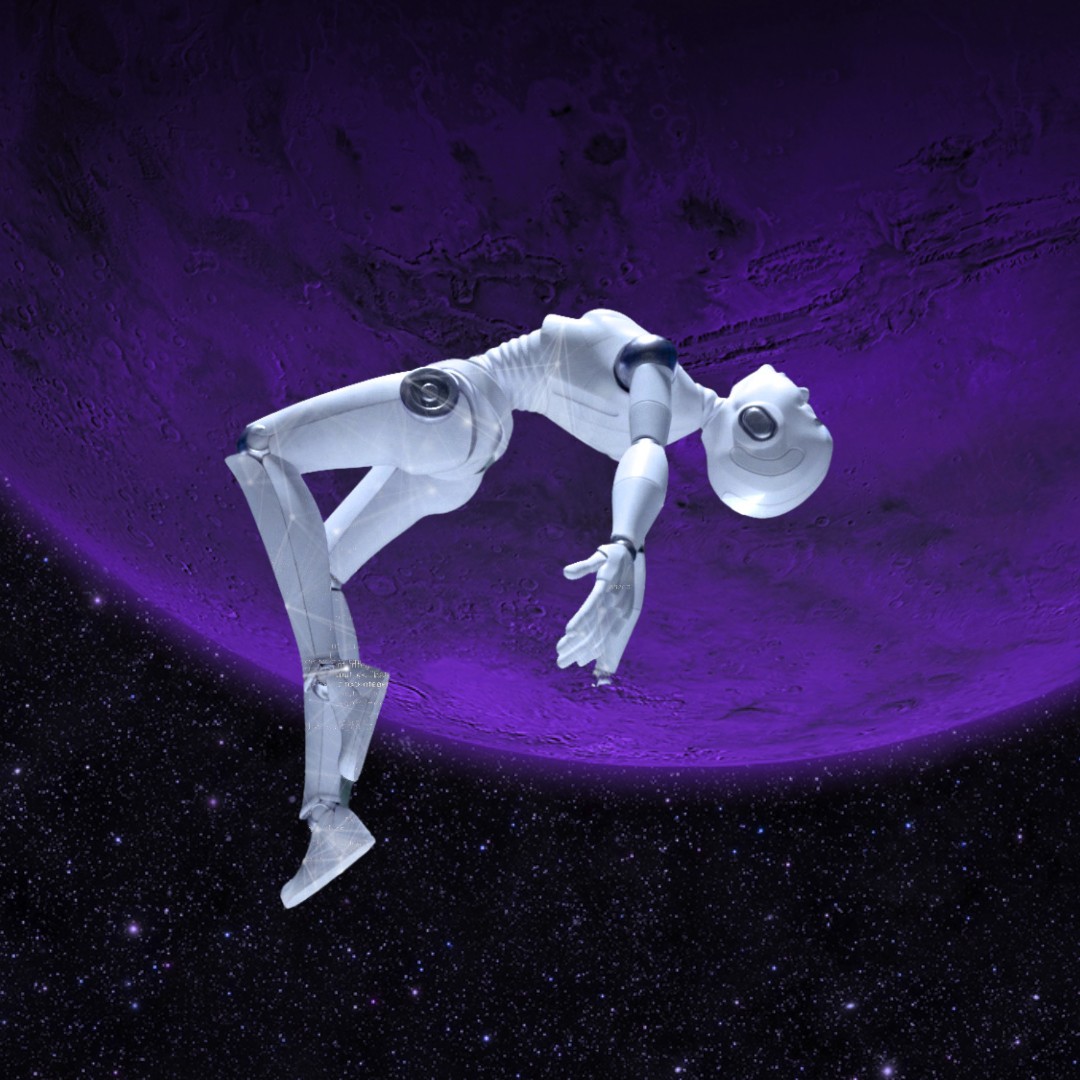
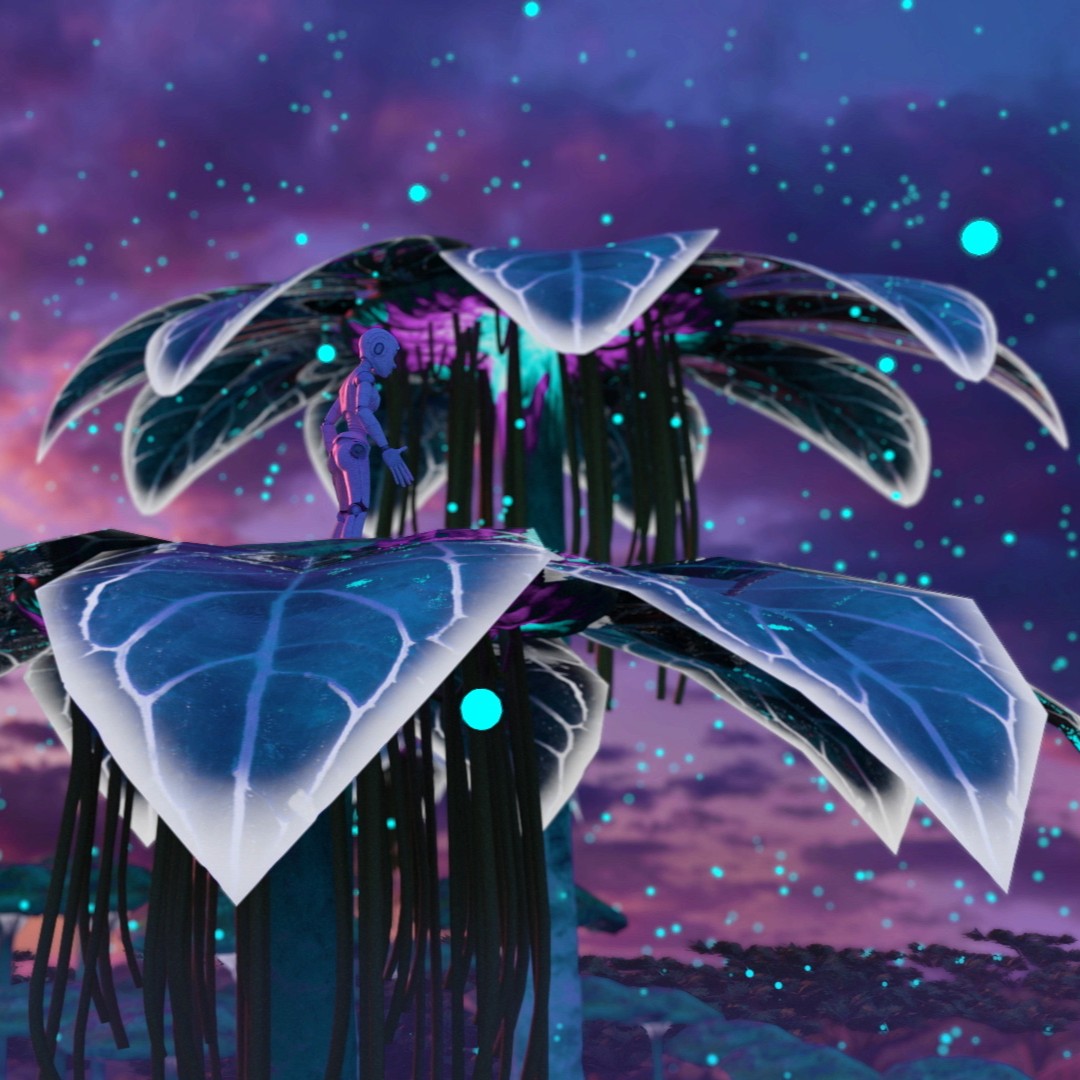
Contact Info:
- Website: https://anatolaaraba.com/
- Instagram: https://www.instagram.com/anatolaaraba/
- Linkedin: https://www.linkedin.com/in/anatola-araba/
- Other: Newsletter: https://www.anatolaaraba.com/newsletter
Image Credits
Zemo Zheng, Mandar Parab, NFFTY, PAFF, Martina Dechevska, Afro Algorithms


